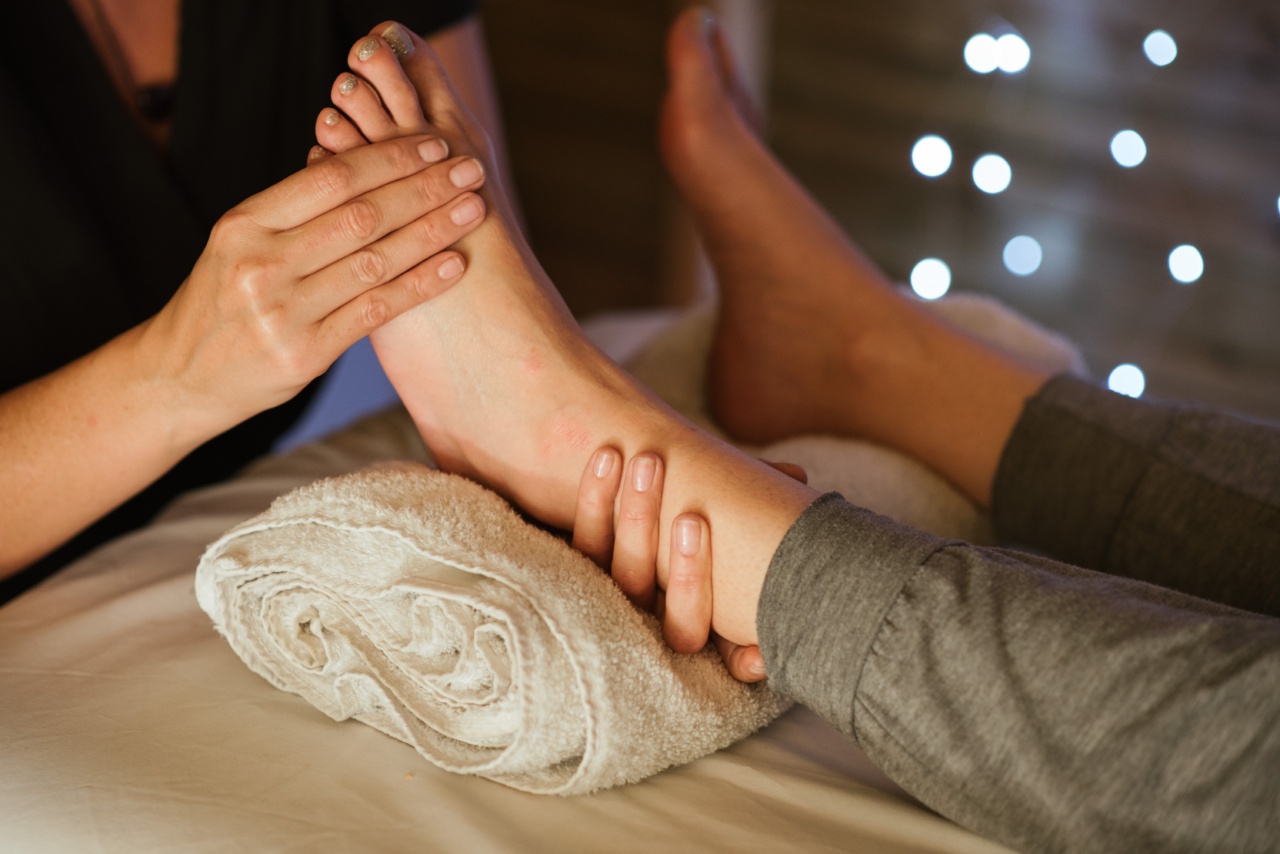Conjunctivitis, commonly known as pink eye, is an inflammation or infection of the conjunctiva – the thin, clear tissue that covers the white part of the eye and the inside of the eyelids.
This condition can cause redness, itching, discharge, and discomfort in the affected eye. While conjunctivitis often resolves on its own, there are various immediate relief measures you can take to alleviate the symptoms and promote healing.
1. Practice Good Hygiene
Proper hygiene is crucial to prevent the spread of conjunctivitis and to promote faster healing. Make sure to wash your hands regularly with soap and water, especially after touching your eyes or any potentially contaminated surfaces.
Avoid rubbing your eyes, as it can worsen the symptoms and potentially spread the infection to the other eye. Additionally, avoid sharing personal items like towels, pillowcases, and eye cosmetics to minimize the risk of transmission.
2. Use Cold Compresses
Cool compresses can provide immediate relief for conjunctivitis symptoms. Placing a clean, cold washcloth over your closed eyelids for a few minutes can help reduce redness, swelling, and discomfort.
The cold temperature can also provide soothing relief from itching and irritation. Remember to use a clean washcloth and avoid applying excessive pressure to the eye area.
3. Over-the-Counter Eye Drops
Over-the-counter (OTC) eye drops can be an effective option for immediate relief of conjunctivitis symptoms. Look for eye drops specifically formulated for relieving redness, itching, and irritation caused by allergies or bacterial/viral infections.
It is important to follow the instructions on the packaging and consult with a pharmacist or healthcare professional if you have any underlying conditions or are taking other medications.
4. Try Natural Remedies
In addition to conventional over-the-counter options, certain natural remedies may help alleviate conjunctivitis symptoms:.
a) Warm Compresses
Using a clean, warm compress can provide relief for discomfort caused by conjunctivitis. Soak a clean cloth in warm water and gently apply it to the closed eyelids for a few minutes.
This can help relieve pain, promote healing, and reduce the stickiness of any discharge.
b) Saline Solution
Rinsing your eyes with a saline solution can help remove irritants and reduce inflammation. You can either use commercial saline solutions or make your own by mixing 1 teaspoon of salt in a cup of boiled water.
Let the solution cool down before using it to flush your eyes gently.
c) Chamomile Eye Rinse
Chamomile has soothing properties that can help alleviate conjunctivitis symptoms. Prepare a chamomile eye rinse by steeping chamomile tea bags in boiled water, allowing them to cool completely. Once cooled, use the liquid to rinse your eyes gently.
d) Aloe Vera Gel
Aloe vera gel is known for its cooling and anti-inflammatory properties. Applying a small amount of pure aloe vera gel to the affected eye can help reduce redness, itching, and swelling.
Make sure to use 100% pure aloe vera gel without any added chemicals or fragrances.
5. Keep Your Eyes Clean
Keeping your eyes clean is essential during the healing process. Use a clean cotton ball or pad soaked in warm water to gently wipe away any discharge or crust that may have accumulated around your eyes.
Be careful not to touch your actual eye with the cotton ball.
6. Avoid Contact Lenses
If you wear contact lenses, it is best to avoid them until your conjunctivitis has completely cleared. Contact lenses can further irritate the eyes and prolong the healing process.
Switch to eyeglasses temporarily to minimize discomfort and potential complications.
7. Take OTC Pain Relievers
If you are experiencing discomfort or pain due to conjunctivitis, over-the-counter pain relievers such as ibuprofen or acetaminophen can help provide temporary relief.
However, consult with a healthcare professional or pharmacist before taking any medication, especially if you have underlying medical conditions or are currently taking other medications.
8. Practice Eye Protection
To prevent further irritation and promote healing, consider protecting your eyes from potential irritants. Wear sunglasses when outdoors to shield your eyes from sunlight, wind, dust, and other environmental factors that can aggravate conjunctivitis.
Additionally, avoid swimming pools or hot tubs until your symptoms have completely resolved to prevent further infection or irritation.
9. Maintain Proper Eye Care
To promote faster healing and prevent future recurrences, it is crucial to practice good eye care habits. Avoid using expired eye cosmetics or sharing these products with others.
Replace eye makeup, especially mascara, every three to four months to prevent bacterial contamination. Ensure that you clean and disinfect your contact lenses according to the manufacturer’s instructions.
10. Consult a Healthcare Professional
If your conjunctivitis symptoms persist or worsen despite these immediate relief measures, it is important to consult a healthcare professional.
They can examine your eyes, determine the underlying cause of your conjunctivitis, and recommend appropriate treatment options such as prescription eye drops or medications.
By following these immediate relief measures, you can alleviate the discomfort associated with conjunctivitis and promote faster healing.
Whether you opt for over-the-counter remedies, natural remedies, or self-care tips, it is important to prioritize good hygiene and take necessary precautions to prevent the spread of conjunctivitis.































